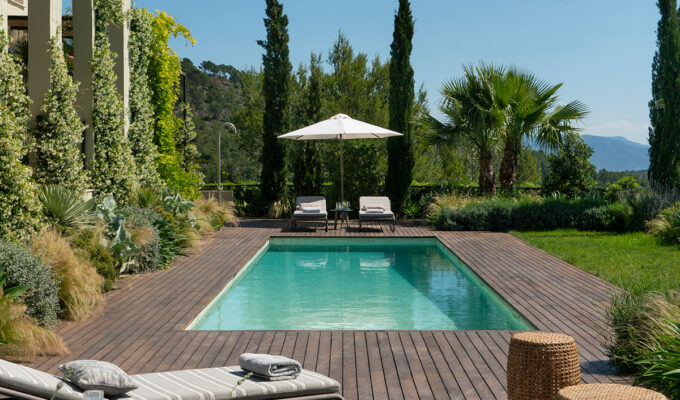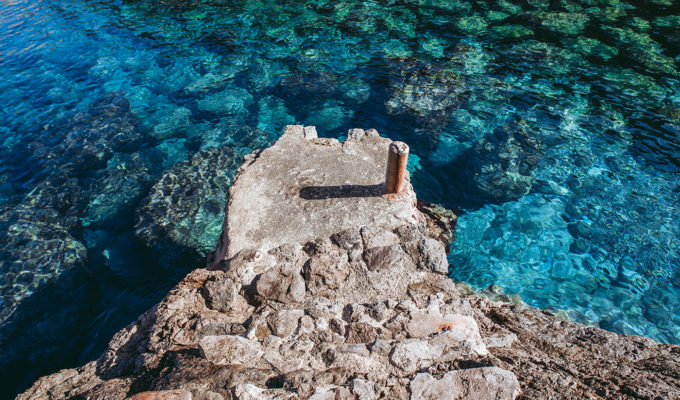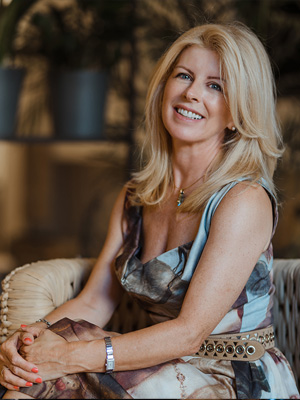 The owner of Rolex was asked: “How is the watch business?” He replied, “I would not know because I’m in the luxury business.” Luxury is in fashion, but not just for the masses; no, it’s the ultra-luxury brands that are doing well. The likes of Hermès and Rolls Royce are growing while many of the mid- and entry-level luxury brands battle for survival.
The owner of Rolex was asked: “How is the watch business?” He replied, “I would not know because I’m in the luxury business.” Luxury is in fashion, but not just for the masses; no, it’s the ultra-luxury brands that are doing well. The likes of Hermès and Rolls Royce are growing while many of the mid- and entry-level luxury brands battle for survival.
The concept of luxury can be traced back to the dawning of society where, no different from today, the leading classes used symbols and objects to set them apart from the rest of society. Therefore it is accepted that socialisation and luxury go hand-in-hand.
Modern society, with its fixation on ‘celebritization’ and consumerism for the sake of escapism and self-value, makes us destined for an empty journey. The global crisis can be seen as the correction and forced re-evaluation of society’s values and in truth a search for more sustainable and lasting pleasure.
Luxury is much more accessible, with the historical social stratification gradually disappearing, as the middle class grows and the upper class diminishes. But the owners of luxury brands must be careful that this democratising does not lead to vulgarisation; that is to say, a complete loss of brand value. Increased spending power has encouraged the growth of luxury goods. With greater disposable income comes a desire to consume luxuries beyond the basic human needs (food, clothing, warmth, etc).
The year for Slow Living
In this 2020 Slow Luxury Living magazine, Helen explains why the year was an important one in slowing down and appreciating where we are.
Global media has also fuelled the growth in the desire for luxury consumerism, via television, glossy magazines and, more recently, the Internet. In addition, cheap travel to far-flung destinations has whetted the appetite for greater sophistication and diversity in our lives. By believing in the possibility of ‘having it all’ – and the perpetual promotion of this value by the media – a new social aspiration is being created, particularly in the younger generations.
What most of us forget is that at the core of luxury is uniqueness and this, coupled with superior design and quality craftsmanship, is the sellers’ justification for charging higher prices. But globalisation has removed the uniqueness and exclusivity from the global brand peddlers and, as any world traveller will tell you, you can buy the same in Hong Kong, New York, London or Paris.
Luxury is a culture, and you need to understand it to habitually practise it and maintain it in your lifestyle. Nowadays there are two distinct types of luxury: the selective and the mass. Millions of dollars are spent each year by brands that want to convince us that buying their products will make us a better person. We will then belong to an ‘elite class’ who can afford to buy into the exclusiveness and quality that the brand promoters promise but, in the globalised world, seldom deliver.
 Pressure from profit-thirsty shareholders forces organisations to reduce production costs, so greater profit margins can result from trading. This in turn has forced production to second and third world locations where the traditional, high-quality goods are replaced with mass-production and often result in an inferior product.
Pressure from profit-thirsty shareholders forces organisations to reduce production costs, so greater profit margins can result from trading. This in turn has forced production to second and third world locations where the traditional, high-quality goods are replaced with mass-production and often result in an inferior product.
There are countless examples of high-priced, luxury-tagged products that hold little or none of the ‘quality promise’ of the brand and little chance of fulfilling the real or delusive expectation of the consumer. In fact I would go so far as to say that we are constantly ‘duped’ by the allure created by the luxury brands and that soon this fallacy will be uncovered and we will search for a new crutch to prop up our low self-worth.
The definition of luxury is changing; even within the past decade there has been a shift from the mass consumption of luxury during 2006 through to 2008, back to the selective. It is a time when many are putting greater value on experiences, and the search for the simple and authentic pleasures in life that make us content with who we are and what we stand for: a profound belief that happiness comes from being, and not from having. This is easy to say when one has all one wants. But when does one realise that they have all they want (or indeed need) to attain the holy grail of contentment, happiness and peace of mind?
So what can our Slow Living Mallorca lifestyle website hope to offer you in guiding your luxury lifestyle choices? We want to engage with you via www.helencummins.com in the creation of a new concept of luxury lifestyle. A concept that places value on attributes such as authenticity, sustainability, tradition and longevity – attributes that are not easily replaceable and are difficult to replicate. In my opinion, the future for luxury products in the original sentiment of the word will be a return to demand for bespoke products where customisation to fit personal requirements will be the enduring, sought-after luxury product of the future.
This article is written as a starting point in the discussion to find a new meaning for luxury. We invite you to participate in the debate by letting us know your thoughts on the subject. Please send your comments to: editor@helencummins.com





